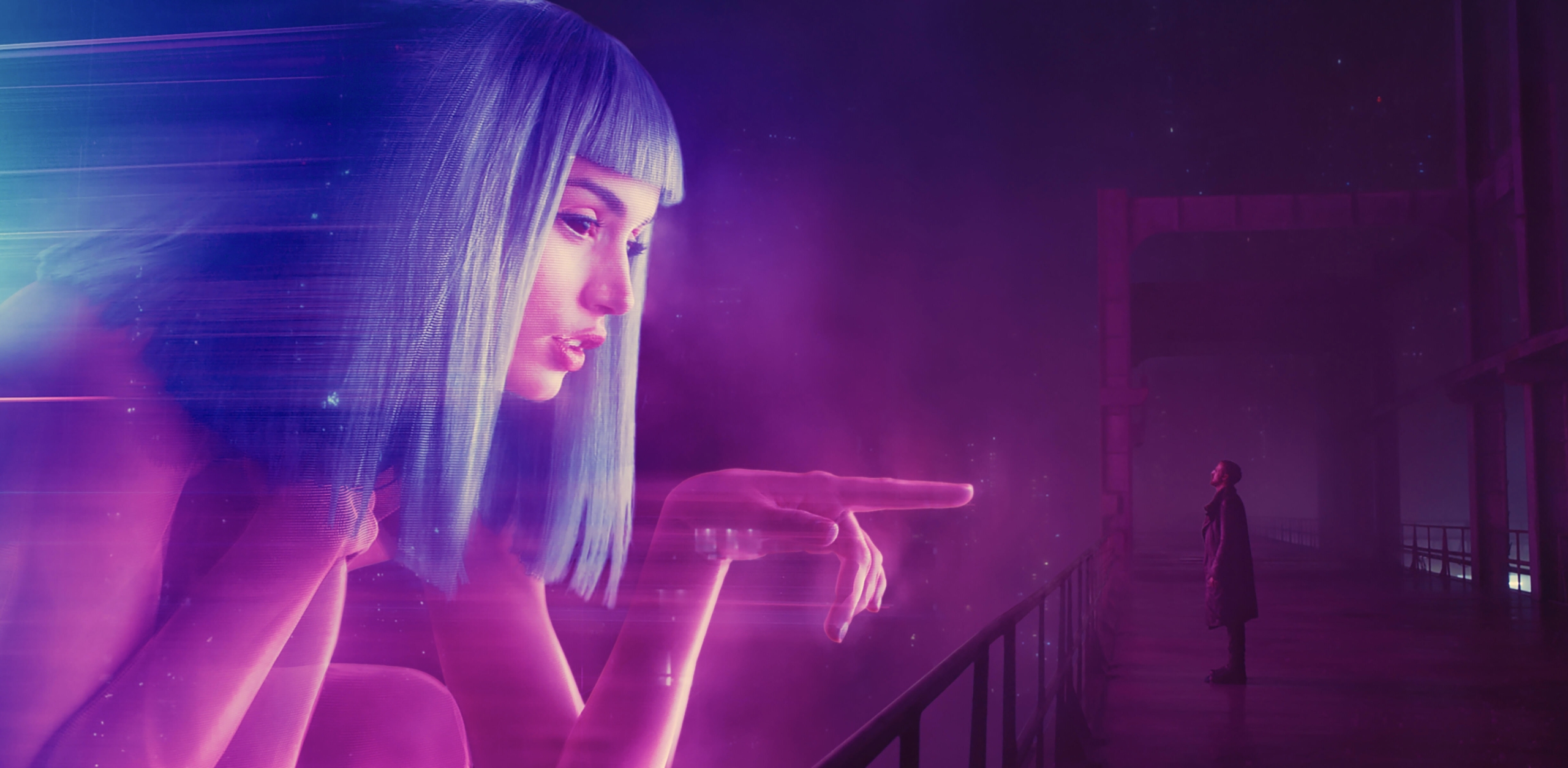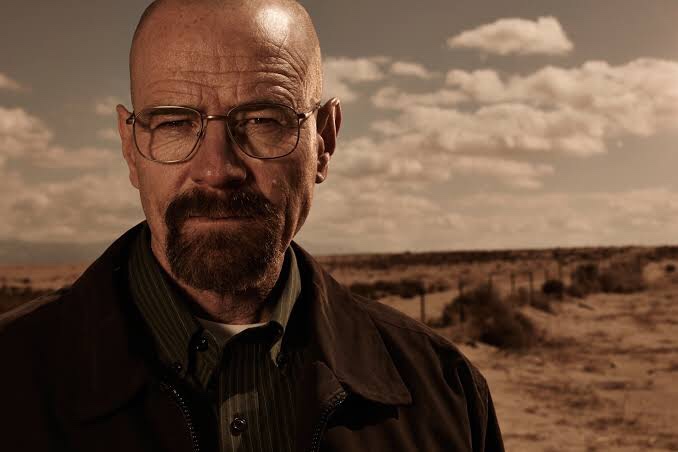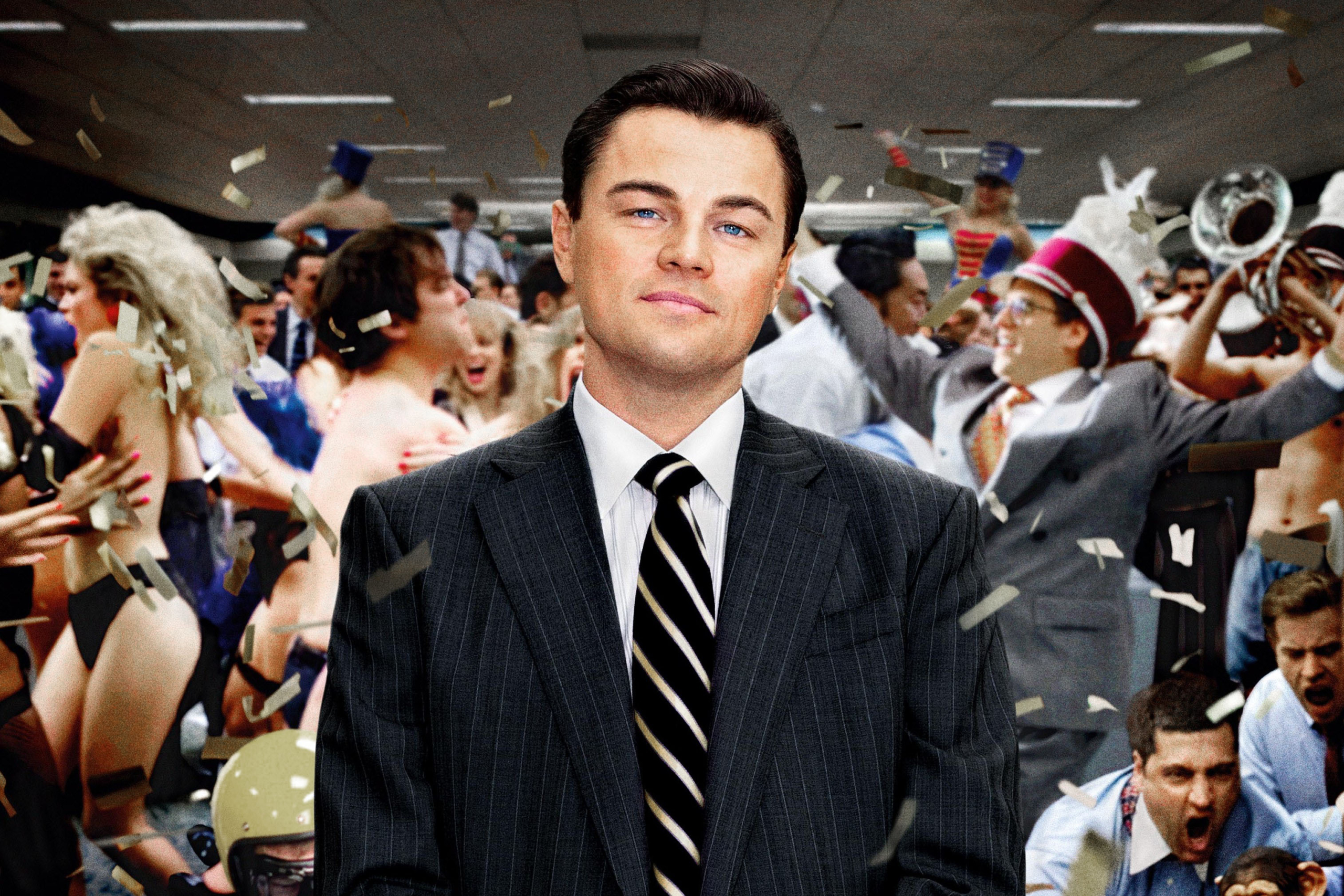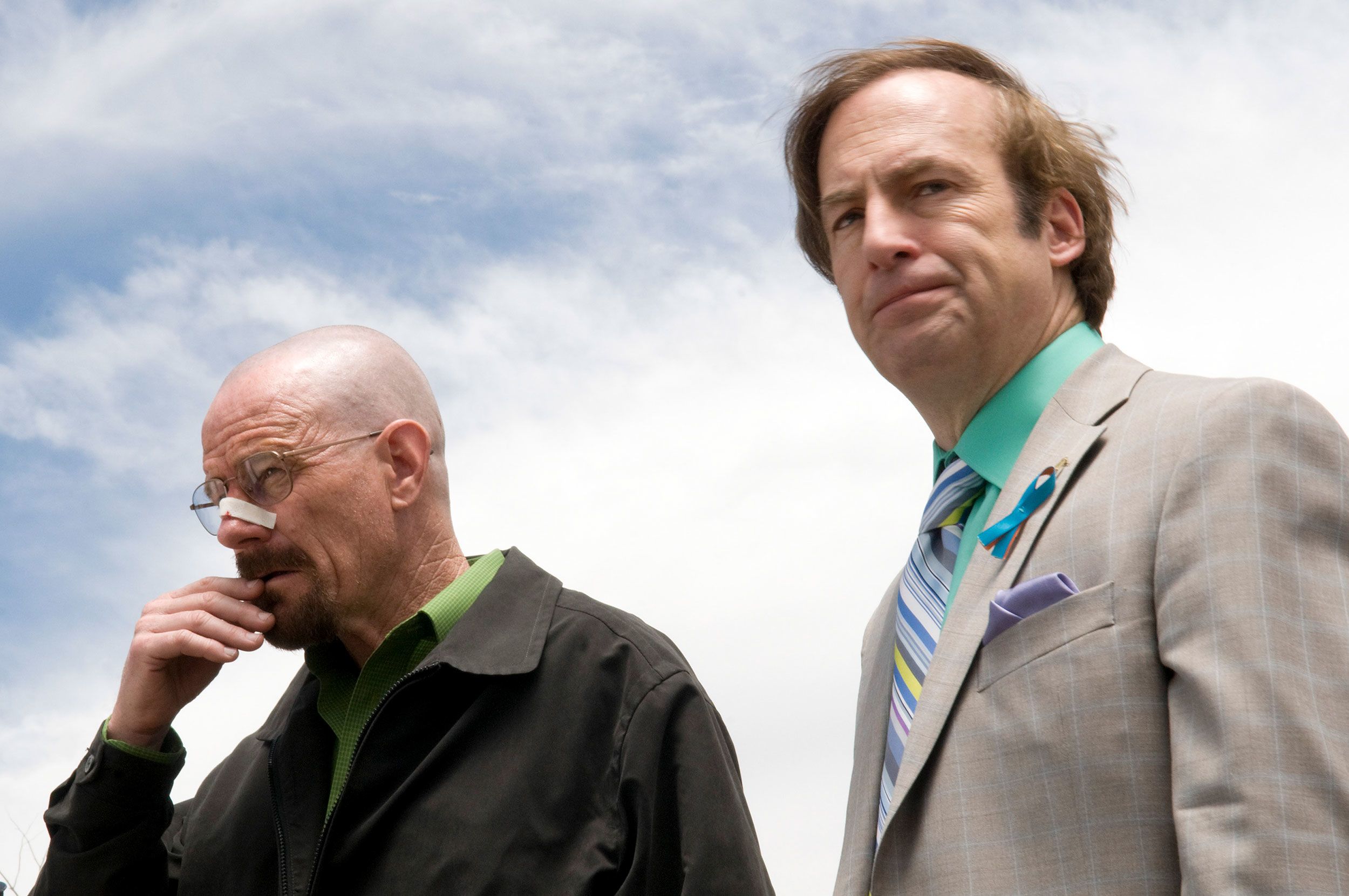In a world where storytelling often adheres to well-trodden paths and familiar conventions, “Blade Runner 2049” emerges as a cinematic gem that shatters expectations, inviting viewers to delve into a narrative landscape like no other.
Directed by Denis Villeneuve and penned by screenwriters Hampton Fancher and Michael Green, this sequel to the iconic 1982 film “Blade Runner” pays homage to the original while pushing the boundaries of storytelling in ways that both challenge and captivate its audience.
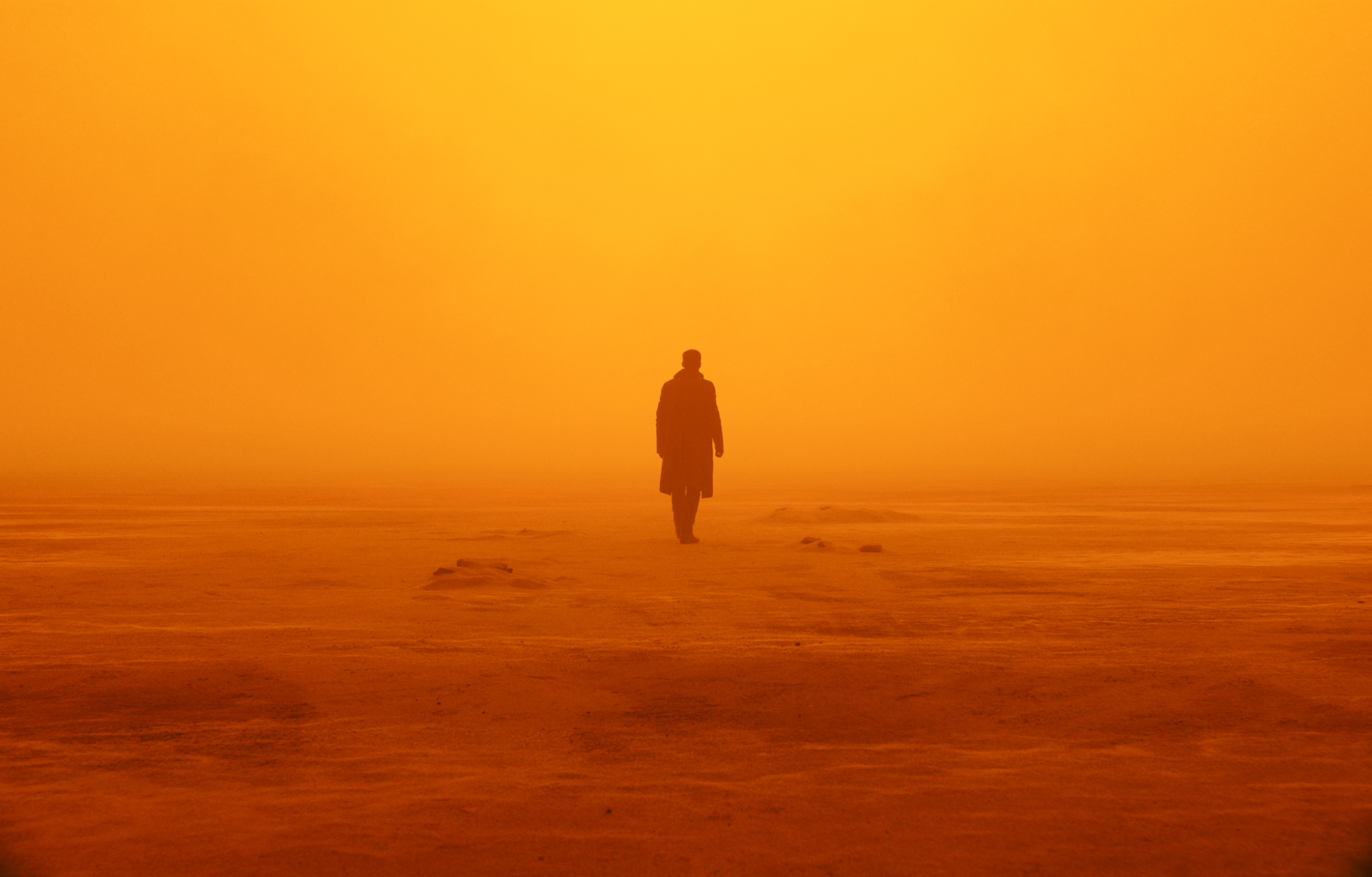
At first glance, “Blade Runner 2049” appears to embrace the classical storytelling template. We are introduced to the character of Joe, a deeply oppressed individual who seems destined to follow the archetypal hero’s journey. Like many heroes, Joe begins as an unremarkable character, unaware of the world-altering secret hidden within him. This secret, a potent childhood memory, becomes the catalyst for his journey to self-discovery. But however, just when we expected the story to follow the predictable path of an unsuspecting hero rising to greatness, it takes a sharp and unexpected turn. Joe is not the chosen one. He is not imbued with special abilities or destined for significance. In a striking and deliberate narrative choice, Joe is revealed to be just another replicant, a manufactured being without inherent importance.
This revelation forces us to question the purpose of Joe’s journey and the direction of the narrative. What is the story aiming to accomplish? The answer lies in the characters surrounding Joe, particularly Dr. Ana Stelline, the daughter of Rachel and Deckard, and the motif of divine gifts and connections.
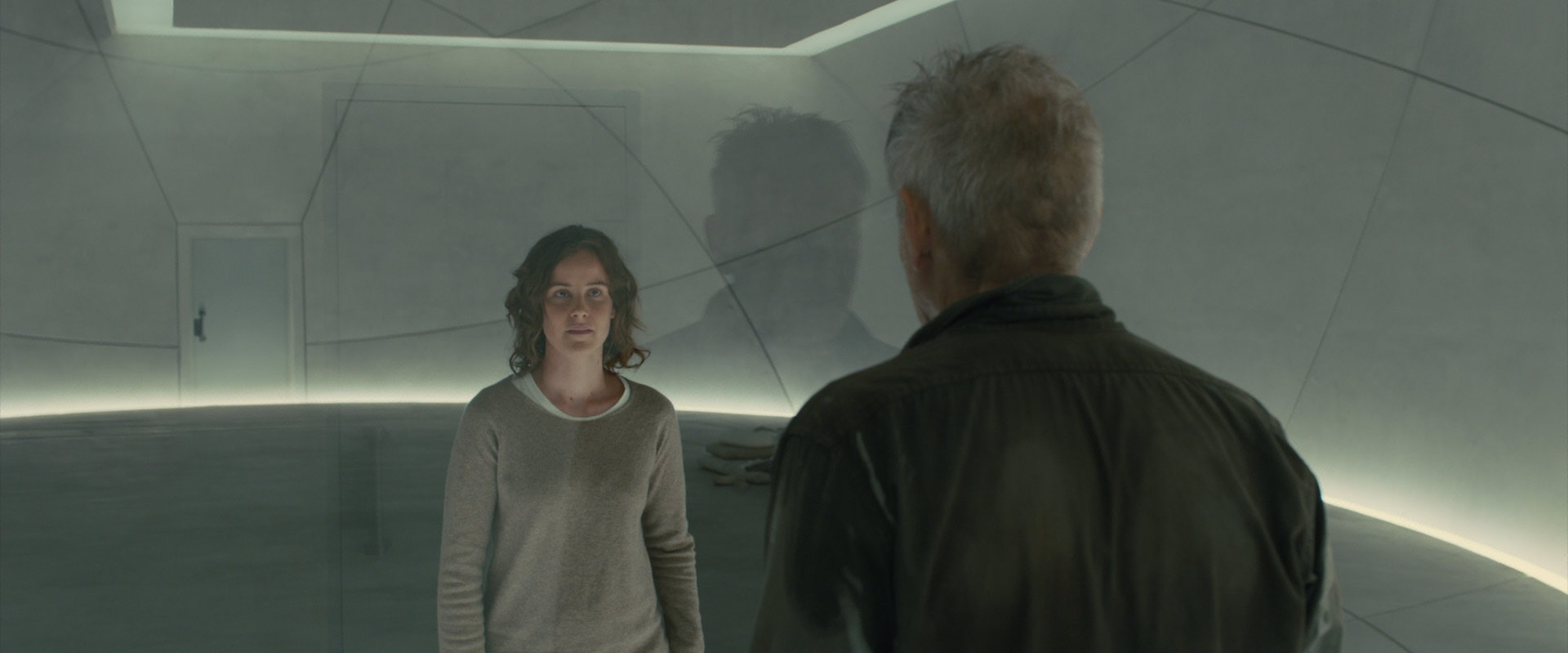
Ana Stelline, an enigmatic character with Christ-like imagery, represents the bestowal of a divine gift—the sharing of genuine memories with the replicants. Her actions, particularly in sharing her own memories, are a reaction to a life defined by isolation and loneliness. It’s a longing for genuine connection, an essential part of the human experience.
You’re Never a Hero:
The narrative also introduces us to the concept of baseline tests, which gauge the emotional awareness of replicants. These tests focus on the existential emptiness that plagues these artificial beings—the unfulfilled desires, the bondage, the unanswered questions about their creation. This internal void is a common thread that binds the characters together.
In “Blade Runner 2049,” Joe’s lack of significance becomes a statement in itself. Rather than adhering to the traditional hero’s journey, the film presents a protagonist who embodies the human struggle with existential questions, emptiness, and the desire for connection. He’s not extraordinary, but his choices are.
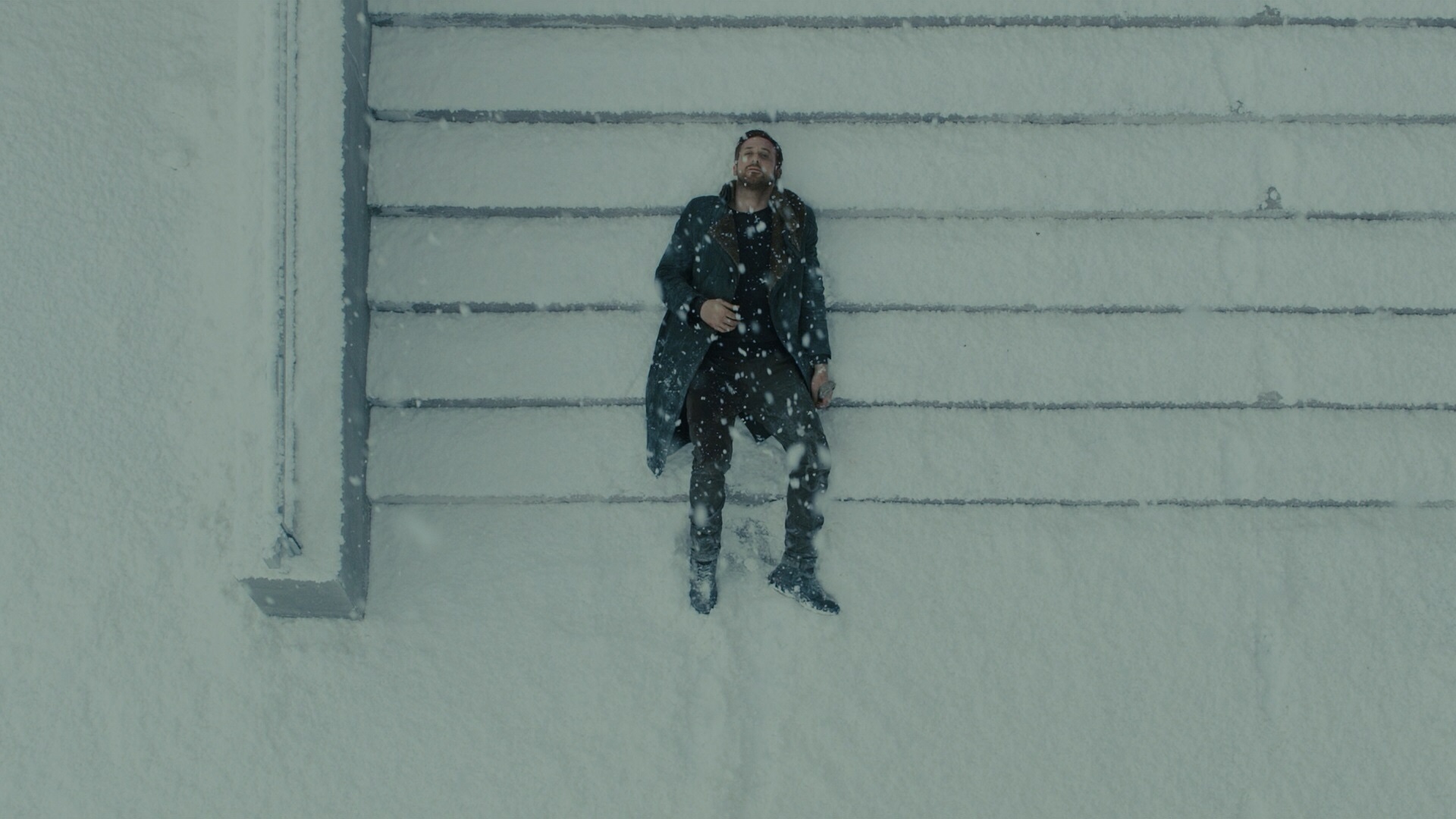
Joe doesn’t single-handedly defeat his godlike creator, Wallace, or lead a revolution for replicant liberation. Instead, he chooses to be brave in the face of insurmountable odds. He chooses to remember the shared memory, forging a connection with someone who understands his internal struggles. Most importantly, he chooses to reunite a father with his daughter, even if it means sacrificing himself.
In a world where countless stories feature extraordinary heroes, “Blade Runner 2049” stands out by presenting an ordinary protagonist who resonates deeply with the audience. Joe’s journey reflects the human condition—a quest to fill the emptiness within us with purpose, connection, and nobility.
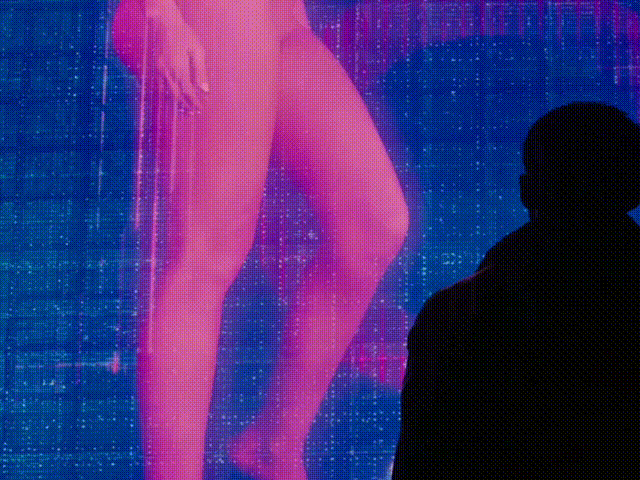
In the end, this film reminds us that humanity is not defined solely by the void we often feel but also by the choices we make to confront and transcend it. “Blade Runner 2049” is not just a cinematic masterpiece; it’s a meditation on the essence of being human and the choices that define our existence. It challenges conventions, subverts expectations, and invites us to explore the depths of our own humanity through the lens of a seemingly unremarkable hero.






